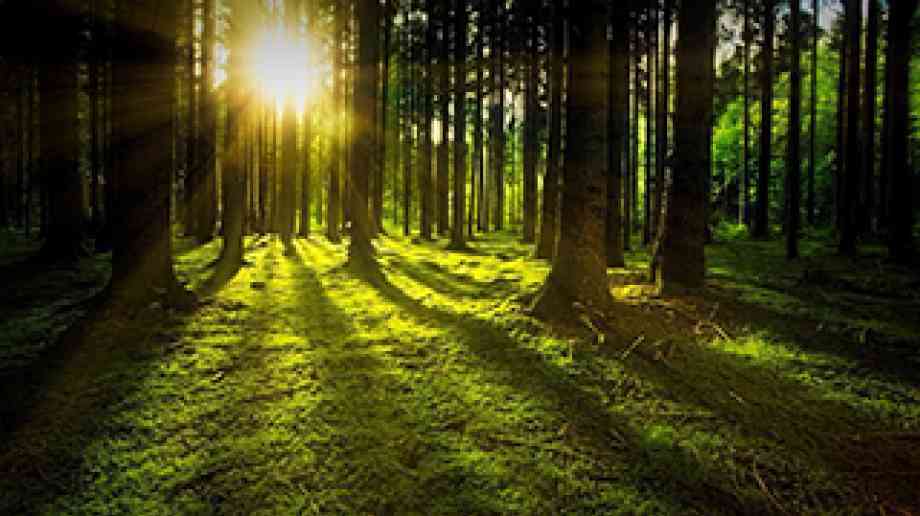Sue Robb of 4Children talks to Julie Laughton and Alison Britton from the Department for Education about the role of childminders in delivering the 30 hours free entitlement.
Planning reform must make access to nature legal and fair

In a new report The Wildlife Trusts are calling for a planning system which levels up people’s access to nature by setting a legally binding target so everyone can receive the benefits that nature provides.
The Planning - a new way forward report comes ahead of the government’s Planning White Paper and the recently announced ‘pause’ on planning reform.
The Wildlife Trusts says that the newly named Department for Levelling Up, Housing and Communities has a huge opportunity to ensure the planning system improves lives by levelling up access to nature.
The new report outlines three key concerns with the current planning proposals: they are highly likely to increase nature’s decline and fail to tackle climate change; they fail to integrate nature into people’s lives; and they undermine the democratic process.
Evidence shows that almost half the population say they are spending more time outside than before the pandemic – but access to nature is deeply unequal and this exacerbates health inequalities, putting more strain on the NHS as it copes with the mental health crisis made worse by coronavirus.
Therefore, the Planning Bill must ensure that more space is made for nature. Additionally, if the government is to reach its target of at least 30 per cent of land for nature by 2030, the report suggests that a new designation – Wildbelt – is essential for protecting new land, currently of low biodiversity value, where nature can recover.
Craig Bennett, chief executive of The Wildlife Trusts, says: “It was a relief to hear Michael Gove announce a pause on planning reform because the existing proposals would not have helped the nature and climate crisis. Now he has a chance to address this and create better homes and communities for people and wildlife.
“We know that time spent in beautiful, natural places boosts our health and well-being – the pandemic has shown us how important this is. But too many households do not have access to nearby wild places. The sad truth is that the most deprived areas have nine times less green space than the wealthiest – and poorer areas are where people’s health is the worst.
“We want to see accessible natural greenspace standards put into law and not relegated to being just ‘advice’ for local authorities. This way, we can be sure that by 2030, everyone can enjoy wild areas within five minutes of where they live and work – to spend time with family, or to be alone, relaxing in nature and listening to birdsong.
“Designating Wildbelt, new land where nature can recover, will help us achieve this goal. It’s also vital that there’s a legal requirement for planning authorities to consider Local Nature Recovery Strategies when making planning decisions and ensuring nature protection policies and standards are not weakened. Let’s bring nature back for the sake of wildlife, the climate and for people’s health and happiness, no matter where they happen to live.”
Company Focus
Located in Bromley, Japanese Knotweed Eradication Ltd has been providing solutions in the treatment and removal of Japanese Knotweed (Fallopia Japonica) for over a decade. During this time we have mastered a repertoire of methods, from herbicidal treatments to landscaping solutions, tailored to address the unique challenges our clients face with this pervasive weed.
Event Diary
UKREiiF has quickly become a must-attend in the industry calendar for Government departments and local authorities.
The multi-award-winning UK Construction Week (UKCW), is the UK’s biggest trade event for the built environment that connects the whole supply chain to be the catalyst for growth and positive change in the industry.
Supplier Profiles
Geo Energy
At GeoEnergy Design, we're on a mission to disrupt the traditional way heating and cooling ha
Latest Features
Professor Harith Alani, director of the Knowledge Management Institute at the Open University explains how AI can be used for good and bad.
Alex Lawrence, head of health & social care, techUK sets out techUK’s Five Point Plan for CareTech.

















